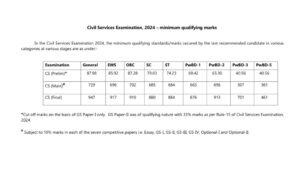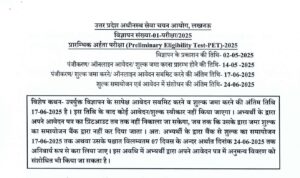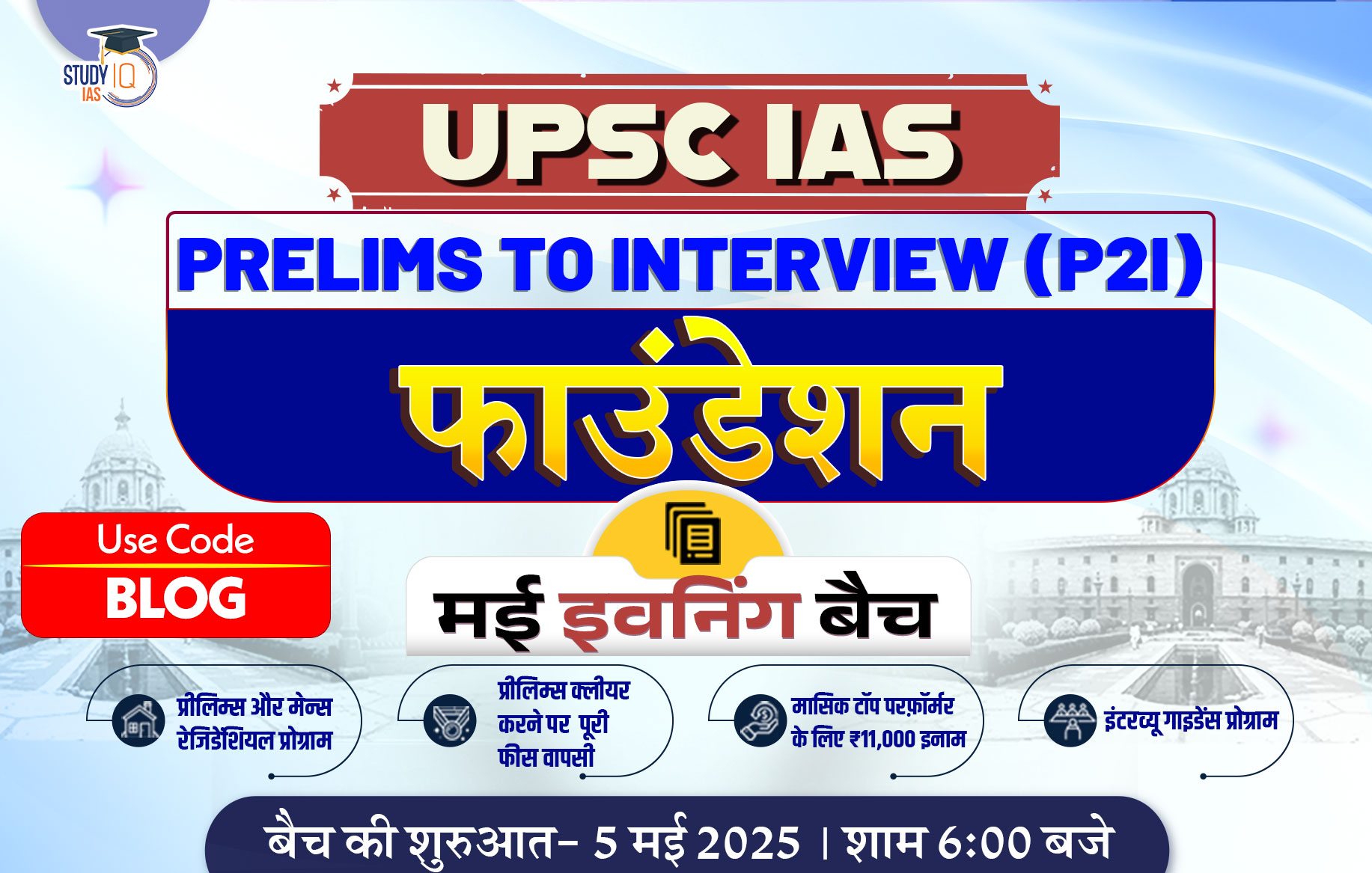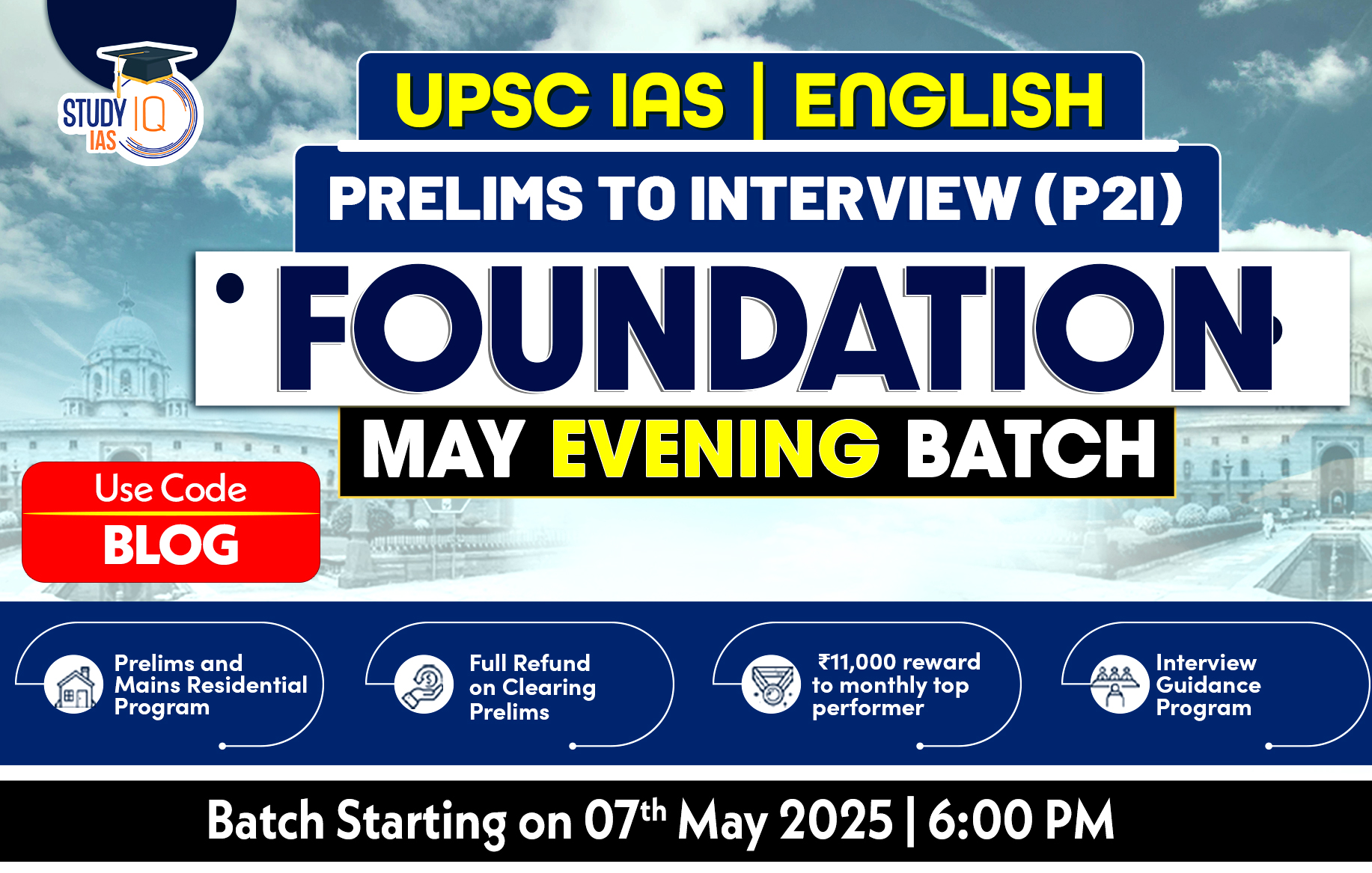Current Affairs 30th September 2023 for UPSC Prelims Exam
Bail: Types and Provisions
Context: The Punjab and Haryana High Court recently granted anticipatory bail to Punjab’s former Deputy Chief Minister.
Understanding Bail
- Definition:
- Bail is the conditional release of a person accused of a crime and awaiting trial, for an amount, pledged for the appearance of the accused when the same is due in court.
- The person paying the money acts as the surety.
- Concept of Bail: The concept of bail in criminal law is based on the presumption of innocence.
- One may be suspected of being an offender, but one can’t be deprived of one’s freedom on mere suspicion.
- This principle is a bedrock of India’s constitutional and criminal jurisprudence, as it is for most of the world.
- Legal Status of Bail:
- Article 21 of the Indian Constitution provides the fundamental right to live with human dignity and personal freedom, which entitles us to seek bail when detained by any law enforcement entity.
- Section 438 of the CrPC clearly states that anticipatory bail is only granted in case of non-bailable offences.
- Everyone accused of a crime is presumed innocent until proven guilty. is a fundamental value established in Article 11 of the Universal Declaration of Human Rights.
Categories of Bail
The CrPC does not define the word bail but only categorizes offences under the Indian Penal Code as ‘bailable’ and ‘non-bailable’.
- Bailable Offences:
- Bailable offences are those for which the accused person has a right to be released on bail.
- This means that the accused person can be released from police custody or jail by posting a bail bond or surety.
- Some examples of bailable offences in India include minor traffic violations, simple assault, and certain types of property offenses.
- The CrPC empowers magistrates to grant bail for bailable offences as a matter of right.
- It involves the release on furnishing a bail bond, without or without security.
- Non-bailable Offences:
- Non-bailable offenses are those for which the accused person is not entitled to be released on bail as a matter of right.
- Instead, the accused person must apply to the court for bail and convince the court that they deserve to be released pending trial.
- These offences are cognizable, which enables the police officer to arrest without a warrant.
- In such cases, a magistrate would determine if the accused is fit to be released on bail.
- Some examples of non-bailable offenses in India include murder, rape, kidnapping, and certain types of economic offenses.
Types of Bail
- Regular Bail: It is bail, which is often granted to an individual who has already been arrested and kept in police custody.
- Interim Bail: It is granted as a temporary means and granted for a short period of time, either during the time of pendency of an application or when the application of anticipatory or regular bail is pending before the court.
- Anticipatory Bail: It is a type of bail which is given to someone who is in anticipation of getting arrested for a non-bailable offence by the police.
- The provision for “anticipatory bail” was introduced in CrPC after the 41st Law Commission Report in 1969.
- The report recommended the need for a measure that protects against arbitrary violation of one’s personal liberty, such as when politicians detain their opponents in false cases.
- Anticipatory bail is granted under section 438 of CrPC either by session court or High Court.
- Statutory/Default Bail: It is granted to the accused if the investigating agency fails to file a chargesheet within 60 days from the date of remand. For certain categories of offences, the stipulated period can be extended to 90 days.
- As per Supreme Court rulings, Default bail is a fundamental right and directly flows from Article 21 of the constitution, and the violation of such a right attracts consideration under Article 32 of the constitution.
What is the difference between a Complaint and an FIR?
- The CrPC defines a “complaint” as “any allegation made orally or in writing to a Magistrate, with a view to his taking action under this Code, that some person, whether known or unknown, has committed an offence, but does not include a police report.”
- However, an FIR is the document that has been prepared by the police after verifying the facts of the complaint. The FIR may contain details of the crime and the alleged criminal.
- In case of non-cognizable offences, an FIR under Section 155 CrPC, commonly called “NCR”, is registered, and the complainant will be asked to approach a court for an order. The court may then direct the police to conduct an investigation on the complaint.

Current Affairs 29th September 2023 for UPSC Prelims Exam
Electoral Bonds
Context: The government approved the issuance of the 28th tranche of electoral bonds.
What are Electoral Bonds?
- Electoral bonds are like Promissory Notes that allow individuals and companies to donate money to political parties anonymously.
- The donor of an electoral bond is the person or company that purchases it, while the receiver is the political party that redeems it.
- Electoral bonds are issued under the Finance Act, 2017.
- This Act amended the Representation of the People Act, 1951, the Income-tax Act, 1961, and the Companies Act, 2013, to introduce electoral bonds as a new mode of political funding.
- Accordingly, the Government of India has notified the Electoral Bond Scheme 2018.
Key Features of the Electoral Bond Scheme 2018
- Donor eligibility: Electoral Bonds may be purchased by a person, who is a citizen of India or incorporated or established in India.
- A person being an individual can buy Electoral Bonds, either singly or jointly with other individuals.
- Every Donor has to provide his/her KYC details to the respective to purchase the Electoral Bonds while the Donor’s name would be kept confidential.
- Receiver eligibility: Only the Political Parties registered under Section 29A of the Representation of the People Act, 1951 and which secured not less than one per cent of the votes polled in the last General Election to the House of the People or the Legislative Assembly of the State, shall be eligible to receive the Electoral Bonds.
- Authorized bank: The Electoral Bonds shall be encashed by an eligible Political Party only through a Bank account with the Authorized Bank.
- State Bank of India (SBI) has been authorized to issue and encash Electoral Bonds through its 29 Authorized Branches (as per list enclosed) in the month of May 2019.
- The bonds are issued by SBI in denominations of Rs 1,000, Rs 10,000, Rs 1 lakh, Rs 10 lakh and Rs 1 crore.
- Validity: The Electoral Bonds shall be valid for fifteen calendar days from the date of issue. And, the Electoral Bond deposited by an eligible Political Party in its account shall be credited on the same day.
Combined Index of Eight Core Industries
Context: The combined Index of Eight Core Industries (ICI) increased by 12.1per cent in August 2023 as compared to the Index of August 2022.
About the Combined Index of Eight Core Industries (ICI)
- It measures combined and individual performance of production of eight core industries viz.
- Coal, Crude Oil, Natural Gas, Refinery Products, Fertilizers, Steel, Cement and Electricity.
- It is compiled and published monthly by the Office of the Economic Adviser (OEA), Ministry of Commerce and Industry.
- The Eight Core Industries comprise 40.27 percent of the weight of items included in the Index of Industrial Production (IIP).
- The eight core sector industries in decreasing order of their weightage in the IIP: Refinery Products> Electricity> Steel> Coal> Crude Oil> Natural Gas> Cement> Fertilizers.

About the Index of Industrial Production (IIP)
- IIP is an indicator that measures the changes in the volume of production of industrial products during a given period.
- It is compiled and published monthly by the Central Statistical Organization (CSO), Ministry of Statistics and Programme Implementation.
- Base Year for IIP is 2011-2012.
- It is a composite indicator that measures the growth rate of industry groups classified under:
- Broad sectors, namely, Mining, Manufacturing, and Electricity.
- Use-based sectors, namely Basic Goods, Capital Goods, and Intermediate Goods.
Age of Consent under POCSO Act
Context: The Law Commission of India has recommended against the lowering the age of consent under child sex abuse laws from 18 years to 16 years.
Protection of Children from Sexual Offences (POSCO Act)
- Definition: The POCSO Act was passed in 2012. It is a comprehensive law to protect the children from offences of sexual assault, harassment and pornography.
- Amendment: The Act was amended in 2019 to provide stringent punishment to those engaging in sexual crimes against children, death penalty in cases of aggravated sexual assault.
- Features of the Act:
- Gender-neutral: The Act defines a child as “any person” under the age of 18.
- Special Courts: The Act provides for the establishment of Special Courts for the trial of such offenses.
- Punishment: It penalizes penetrative sexual assault and sexual assault on anyone below 18 with a minimum imprisonment of 10 years and three years, respectively.
- Reporting: The Act mandates the reporting of sexual offenses, and it also prescribes penalties within the Act for making a false complaint with the intention of tarnishing someone’s reputation.
- Identity of Victim: The Act prohibits the dissemination of the victim’s identity through any media channel.
Issue with the Age of Consent
- The age of consent is generally construed as the minimum age at which a person is considered legally competent to consent to sexual acts.
- There has been debate over the age of consent under POSCO, with concerns raised by several high courts that consensual teenage relationships were being criminalized under the POSCO Act.
- Under the Act, even if the girl is 16 years old, she is considered a “child” and hence her consent does not matter, and any sexual intercourse is treated as rape, thus opening it up to stringent punishment.
- In 2021, in the Vijaylakshmi vs State Rep case, the Madras HC dismissed a POCSO case saying that any consensual sex after the age of 16 can be excluded from provisions of the POCSO Act.
- The Karnataka HC had also observed that age of consent should be revised due to rising number of cases relating to minor girls above the age of 16 years falling in love, eloping and having sexual intercourse with the boy.
- In 2019, a study recommended to lower the age of consent than the age of marriage for decriminalising sex among older adolescents to protect them from the misuse of law.
- Sometimes parents misuse the law to control their daughters or sons who want to marry.
- In many cases, a couple elopes fearing opposition from parents resulting in a situation where families file a case with the police, who then book the boy for rape under the POCSO Act and abduction with the intent to marry under IPC.
Recommendations of 22nd Law Commission on Age of Consent
- According to the commission, adolescents aged 16 to 18 should still be considered children entitled to legal protection, and the age of consent should remain unchanged as:
- Reducing the age of consent to 16 could lead to unintended and severe consequences.
- Changes in this law might adversely impact efforts against child marriage and child trafficking.
- Decriminalizing sexual relations between 16 to 18-year-olds may undermine the effectiveness of the POCSO Act.
- Amendments to be made to Sections 4 and 8 of the POCSO Act dealing respectively with punishment for penetrative sexual assault and sexual assault to allow the Special Court to give lesser sentence in cases where the child is of the age 16 or above, subject to a checklist.
- It also suggested making changes in Section 18 of the Juvenile Justice Act dealing with orders regarding child found to be in conflict with law and corresponding changes in Sections 375 and 376 of IPC.
- The commission recommended granting “guided judicial discretion” in cases where same severity is not present as cases that were ideally imagined to fall under the POCSO Act.
- This approach aims to distinguish cases with apparent de facto consent from those originally intended to fall under the POSCO Act.
- This will ensure a more balanced and child-centered application of the law.
- The special judge will consider specific factors when determining sentences in cases of convictions, aligning with the best interests of the child.
- The recommendations of the Law Commission are not binding, and will be taken into consideration by the government, which will take a final call.


 UPSC Cut Off 2024: Check Prelims, Mains ...
UPSC Cut Off 2024: Check Prelims, Mains ...
 SLPRB Assam Police Constable Result 2025...
SLPRB Assam Police Constable Result 2025...
 UPSSSC PET Notification 2025 Out: Apply ...
UPSSSC PET Notification 2025 Out: Apply ...





















